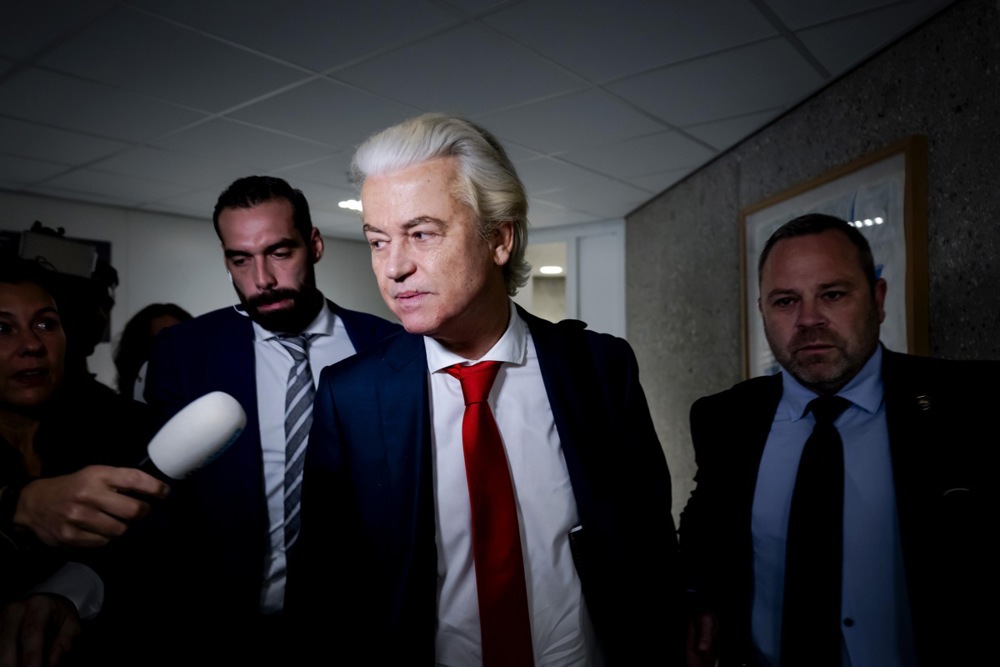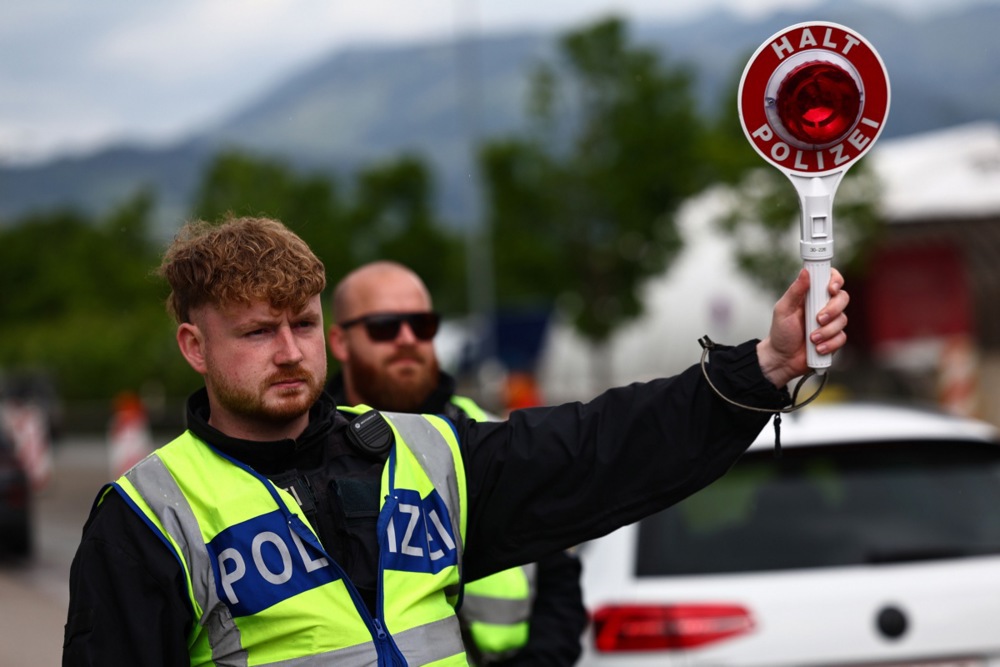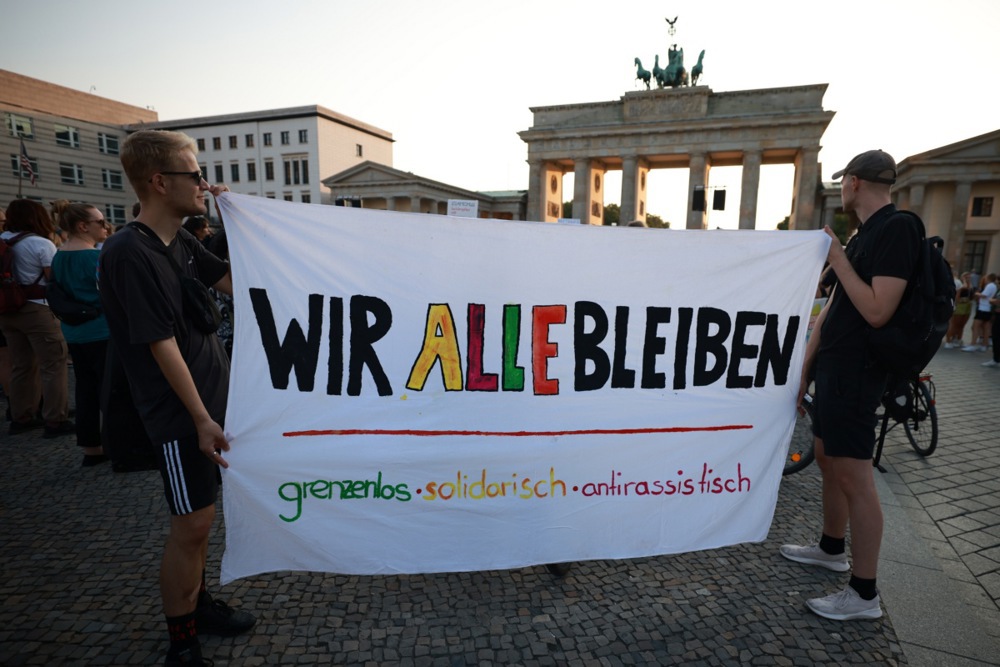D66, the Dutch left-liberal party, has made a sharp turn on asylum migration, demanding that asylum applications are made from outside Europe’s borders.
Party leader Rob Jetten said he wanted a change of international treaties and pushed forward what he called “the Canadian model” as an alternative to the current policies.
He said “the parties of the middle should take a step forward” to prevent, he said, the subject taking national politics hostage again.
“The current migration system is broken,” said Jetten. “From migration that happens to us, we will have to move to migration that we control ourselves.”
Under the Canadian model, all asylum applications would have to be requested outside the borders of the European Union, meaning asylum seekers who applied in the Netherlands would not be allowed in.
D66, part of the Renew Group in the European Parliament, said it would retain the option to invite asylum seekers, which already existed via the UN Refugee Agency UNHCR.
Jetten said the debate about a different system for migration has been dominating the political debate for too long.
“That’s bad news for Dutch people who experience nuisance from people who actually have no business here. But it is also bad news for refugees stuck in endless procedures or having to make dangerous trips on boats across the Mediterranean”, he said.
“The system is also broken because we are doing something inhuman to people who are fleeing. If you have come here after a life-threatening journey, you are thrown into uncertainty for years.”
He acknowledged that within his progressive party, people found the change of course “challenging” but at the same time “necessary”.
“Because continuing down the current path is simply not an option,” he said.
Jetten called for the change of international treaties, which were “ripe for modernisation” and said that debate should not be dominated by those such as Party for Freedom leader Geert Wilders.
Current interpretations of international conventions, such as the 1951 Refugee Convention, dictated that anyone who reported to the Netherlands as a refugee must be compulsorily included in the asylum procedure.
A growing number of countries have called for that to change, with the UK even threatening to leave the International Court of Human Rights.
In late May, nine EU leaders, including Italy Primme Minister Giorgia Meloni, Polish PM Donald Tusk, and Danish PM Mette Frederiksen, called for more flexible interpretations of the European Convention on Human Rights to allow them to expel criminal migrants.
Het huidige migratiesysteem is compleet vastgelopen. Dat is slecht voor Nederlanders én voor mensen op de vlucht. Ik wil het debat niet langer laten kapen door de extremen, of ingegraven standpunten op links en rechts. Laten we aan de slag gaan met voorstellen die wél werken.… pic.twitter.com/Twign0eLRM
— Rob Jetten (@RobJetten) June 23, 2025
Jetten said it would take time to change the treaties, and that until then, policies regarding asylum seekers causing trouble should be much more strict.
“Anti-social individuals who cause endless trouble and have no business being here should be placed in closed reception centres.
“You’re coming to a country with liberal values. If you don’t respect those, then you can also lose certain rights,” he said.
Until now, the D66 Party had always pleaded for “humanitarian” solutions on migration, focusing on co-operation and international treaties while pleading for the upholding of human rights and integration.
There was always a strong emphasis on resettlement, legal migration routes and addressing what the party saw as the root causes of migration.
It was D66, together with the Christian Union, that refused to approve stricter migration policies under the last cabinet of Mark Rutte, which led to the fall of that government in 2023.





